Interview With An Academic: Kaitlin Smith.
I recently interviewed Kaitlin Smith, a PhD student at UNC, about her personal experience in the academy and the role of the academic in contemporary America.
In August, I posed a series of questions to my friend and Aôthen Magazine colleague . I was unable to publish the interview at the time due to secondary commitments, and then, when I was finally ready, Charlie Kirk was assassinated on a college campus. Given the nature of the interview, I figured I would once again delay this post. I did not want it to be read so close to an aberrant and abhorrent instance of campus violence, an instance which would undoubtedly have coloured this interview for the worse.
Getting Academic
Tell us a bit about yourself Kaitlin, what you are you studying?
I’m a first-year Ph.D. student studying English and Comparative Literature in the U.S. My background is in Classics and English as I hold undergraduate degrees in both fields. I’m particularly interested in women’s receptions of classics in literature, and I plan to continue to pursue this in my research. As part of my current program of study, I teach introduction to composition and rhetoric to freshman students. Outside of academia, I enjoy writing creatively, reading (obviously!), and spending time with my friends.
What do the humanities mean to you?
Because the humanities are such a melting pot of different fields—encompassing history, anthropology, philology, religion, and so much more—I’ve always perceived humanities to mean human connection. That’s what it comes down to, right? Discovering the vast ways in which we connect and interact with one another as well as with the culture and society around us.
What drew you to this field and subject?
That’s a complicated question! I originally wanted to work in publishing. I planned to earn my M.F.A. in creative writing and pursue a role in editorial work. When the COVID-19 pandemic happened, I got restless in the seemingly endless isolation. Bored and terribly anxious, I began reading Anne Carson’s If Not, Winter: Fragments of Sappho. Curious, I began learning about the field of Classics and I fell in love. I decided to pursue a second degree in Classics alongside my degree in English which I was earning at the time. Ever since then, I haven’t let go. There’s something about the intersection of Classics and English that has a hold on me, and I’ve found satisfaction in (broadly speaking) researching women’s classicism. Classics is, as we know well, historically a male-dominated field. I hope to encourage other women to find their place in this fascinating and complex field.
What are your aspirations in academia? Do you want to teach? Research? Write?
Oh, all of the above. Once I complete my Ph.D., I’ll teach (crossing my fingers!). Whether or not I end up finding a teaching position in English or in Classics remains to be seen. I will continue to research and write as well—they’re kind of inseparable in higher education from teaching. That being said, I enjoy all three immensely, but I hold a special love for writing. It was all I did as a child and it is still all I do now, so I can’t imagine my life without writing in some form whether that’s producing academic papers or writing a novel. Writing is my pathway into the world. It is how I make sense of everything and what I want to leave behind when all is said and done. I hope the writing I produce—alongside the research and teaching—inspires younger generations to create their own writing.
How receptive are students to a liberal arts/humanities education these days?
So far, I’ve taught two semesters of ENGL 1101 (introduction to composition and rhetoric) and I’m preparing to start my third semester of teaching at a new university. At my previous institution, most of my students were receptive to the humanities and all of them engaged with it in diverse ways from creating artwork about ongoing social issues to writing powerful essays on humanitarian crises across the globe. Even if they weren’t humanities majors themselves, they came to understand the value of a liberal arts education when they could engage with it alongside their own interests. For example, I gave them considerable freedom on the topics about which they could write. This encouraged them to see their writing assignments not as another task but as a means of expression for their own purposes.
This pedagogical approach is heavily influenced by bell hooks and Martha Nussbaum, and it’s worked to make the humanities more accessible to all students. When they leave my classroom, students have a better sense of what the humanities (or, rather, rhetoric and composition) can do for them. Those who continued to be resistant to the humanities usually did so not because they didn’t value it but because they simply have interests outside of writing no matter how much freedom they were given in their assignments. But that really is the beauty of education—finding one’s place within it.
Have you ever felt unwelcome in academic spaces?
I wouldn’t necessarily say unwelcome. I have certain privileges being white in the U.S and I’m aware of that in the academic landscape—I don’t face the same scrutiny my peers do. But I have felt like an outsider plenty of times by no fault of anyone in particular. I grew up in a poor, working-class family. My family didn’t go to college, so I had no guidance when it came to navigating my studies. I relied on grants and on working mostly retails jobs to afford my degrees and, in graduate school, on loans and teaching assistantships. I couldn’t participate in extracurriculars or networking as much as I would have liked to do so. In my master’s program, I didn’t understand the jargon at first. I was learning a new language that everyone else seemed to already know intuitively. Of course, I was wrong. So many of us in academia feel this way! That’s reassuring in a way. It testifies that the academy isn’t entirely elite like it once was, at least here in the U.S. But I still think we have a way to go to make education more accessible for every person.
What do you think of the institutional state of the humanities in American universities? Is there adequate funding, staffing, and attention?
Oh, absolutely not. Every public university in the U.S. could use more funding and staff. Right now, funding cuts and hiring freezes are in abundance in public universities, and even some private ones, across the country. Such actions do nothing to dissuade the anxiety about the future the humanities. We, educators and students alike, are expected to do more with less as administrators and politicians favor economic savings over ethical educational practices. In Not for Profit: Why Democracy Needs the Humanities, Martha Nussbaum puts it this way: “Producing economic growth does not mean producing democracy. Nor does it mean producing a healthy, engaged, educated population in which opportunities for a good life are available to all social classes” (15). Students don’t get the full value of education when educators are overburdened by large class sizes, less pathways for tenure, and rigorous administrative duties. In turn, democratic society at large suffers.
Getting Political
Do you feel there is a duty for academics to play a political role in society, or should they stick to the classroom?
I don’t believe it’s possible for academics, especially those of us in the public sphere of things, to be apolitical. So much of what we do gets caught up in public policies and government funding. I think here of how the Trump Administration is deporting, or attempting to deport, international students and the continuous, but not new, defunding of humanities programs. How can we possibly consider ourselves apolitical when our students and our livelihoods are affected by politics? In that sense, how much one wants to interact with politics varies between professionals. It is not always safe for every person to get involved in political activism. But for those of us for whom it is safe, I do believe we have a duty to stand up for our students and for our research and studies. That means (in the U.S., at least) voting, signing petitions, contacting representatives, having conversations about the ongoing injustices in and outside of the academic landscape.
Has the current political climate in the United States, with Donald Trump going after Columbia and Harvard for example, affected your approach to teaching and writing?
Oh, yes, for sure. The current administration’s decisions have changed conversations in the academy. I’ve spoken to my previous students about the current administration—mostly to address their own anxieties as it manifests in the classroom. The day after DJT was elected again (2024), it was difficult to keep my students focused. Morale was low. I taught a diverse population and many of them feared what was to come. I have witnessed my students worry over educational funding, immigration rights, and women’s healthcare more so than in previous years. Young folks are more politically aware than for which they may be credited, and they are not ignorant to the impact politics have on their individual lives. Many of them elected to write about social issues in their papers throughout the semester as an expression of real-life concerns, creating an active dialogue between them. Regarding my research and writing, nothing has changed. I’m more aware of how my writing may be received, given that I write about queer and feminist themes in literature among other topics, but I won’t change it to conform to a vicious administration.
Have you participated in any political activities while at university? Has the Trump administration’s use of lawfare against activists, such as the pro-Palestinian protestor Mahmoud Khalil, made you reluctant to speak up about or engage with sensitive topics on campus?
It hasn’t made me reluctant to speak up or engage. If anything, it’s only been a stark reminder of just how important it is to speak up. Protests against Khalil’s arrest occurred on campus at my previous institution. Some of my students were in attendance which I think attests to the political activism here in the U.S. South by young folks. I’ve voted as well as reached out to my representatives at the time about Khalil’s arrest, the dismantling of the Department of Education, and the defunding of the Institute of Museum and Library Services (IMLS). I’ve had conversations with peers about these issues and how we might actively push back against them. Grassroots and digital outreach has more impact than people realize—as does putting pressure on politicians. This questions also makes me think of protest poetry and its power for community solidarity. Poems for Palestine and Poems from and for Palestine and Lebanon are two powerful collections of protest poetry.
Getting Personal
What author do you find yourself repeatedly going back to?
In consideration of education, I continuously refer back to bell hooks who might be the most influential person upon my pedagogy and my personal philosophies. Teaching to Transgress (1994) revolutionized how I approach the classroom. In general, Simone Weil, Anne Carson, and Emily Hauser are other authors that I continuously read or reread. Hauser in particular is doing groundbreaking work for a feminist classical studies. Other authors that I tend to reread include Audre Lorde (whose 1985 essay Poetry is Not a Luxury I often assign to students), Adrienne Rich, Mary Wollstonecraft and Mary Shelley.
How has your personal story influenced your decision to enter academia?
I was the first woman in my family to pursue college at any level. So, I wasn’t generationally inclined to pursue higher education. If history repeated itself, I would have gone right to work after high school. But I was always a little in love with learning and my family encouraged me to continue my schooling if not only to break generational cycles. I always knew that I would pursue literature in some form—I just needed time to figure out where I fit into the field. And I have! Mostly, anyway. Everything is truly a learning experience. But I didn’t expect myself to pursue a doctorate degree. That decision came naturally once I enrolled in my master’s program and decided what shape I wanted my life to take, what influence I wanted to have on the world. My family has, to my gratitude, been supportive. Coming from a background where education was a valued privilege motivated me to keep going. I knew from a young age how much education could change my life, and I wanted better for myself than the women in my life were previously afforded—that’s not to say that education is the only path in life, because it certainly isn’t, but that it was and remains the right one for me.
Where can people find you and read your work?
You can visit my SubStack newsletter! You can also visit my LinkTree which will lead you to my thesis, social media, and website.
P.S. Since the interview, Kaitlin became editor-in-chief for the Carolina Quarterly, UNC’s flagship literary magazine! You can follow on IG @carolinaquarterly.
Below are some organisations and causes in need of support and funds that Kaitlin and I think are important.


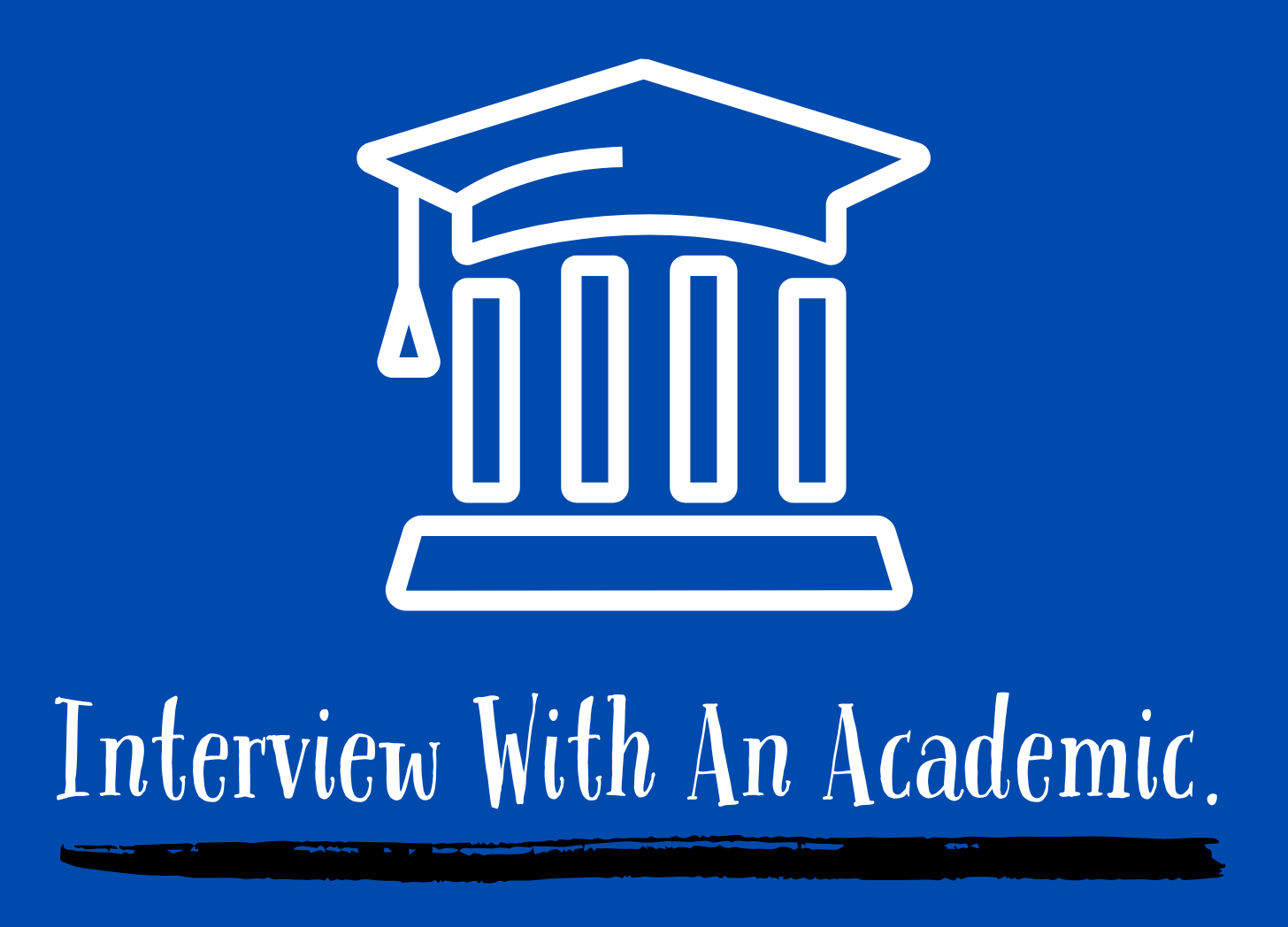
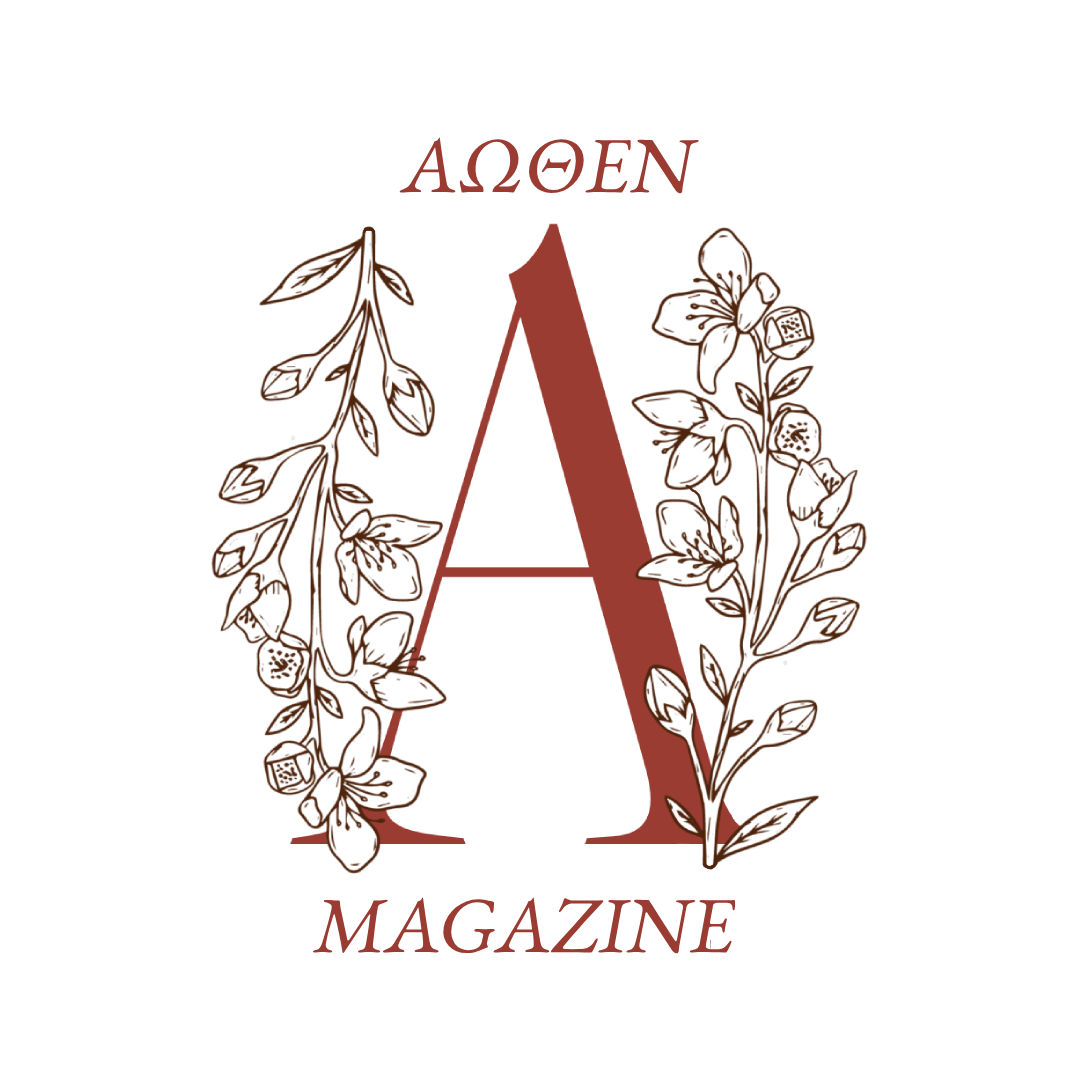
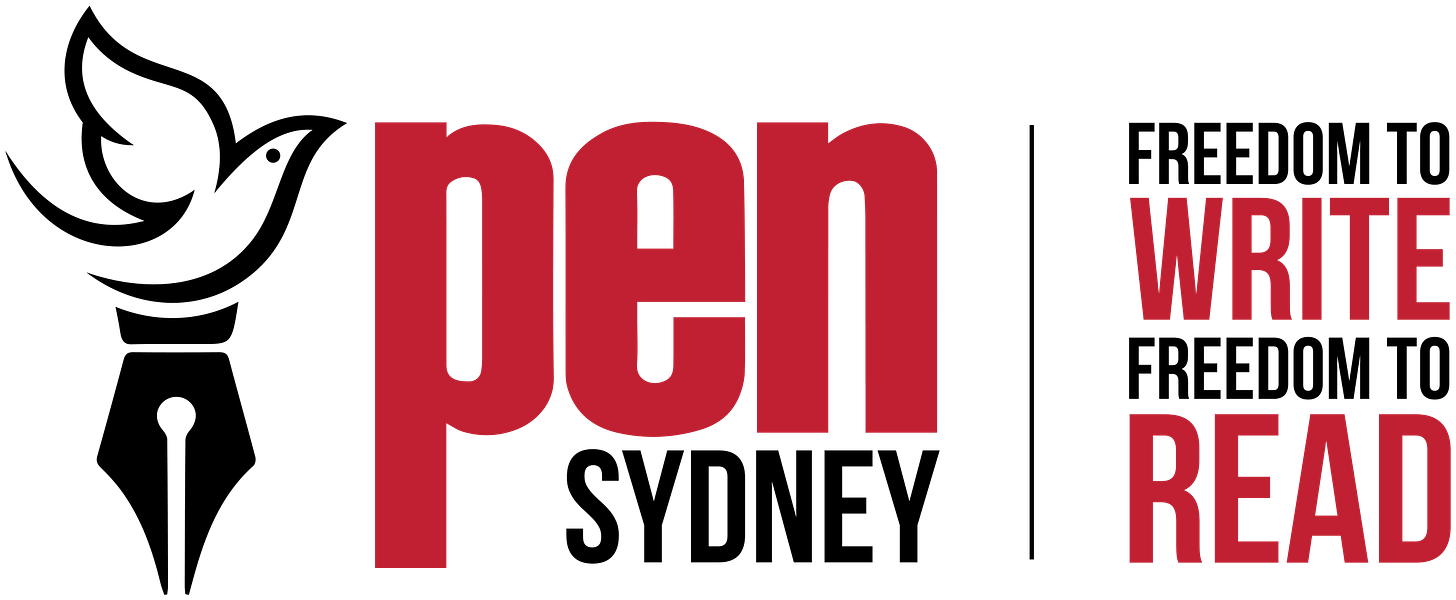
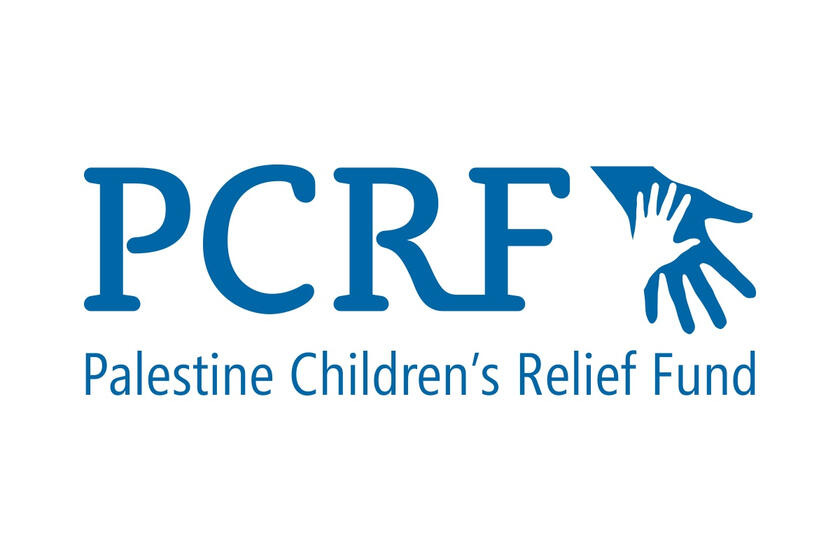

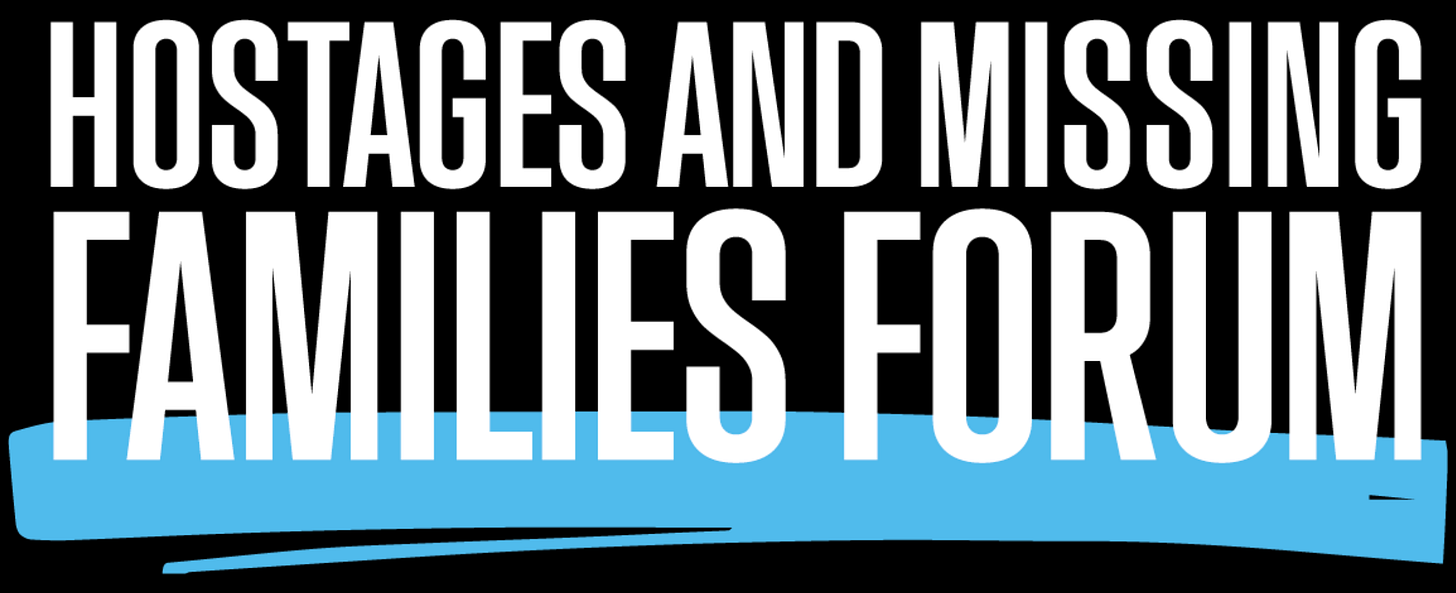
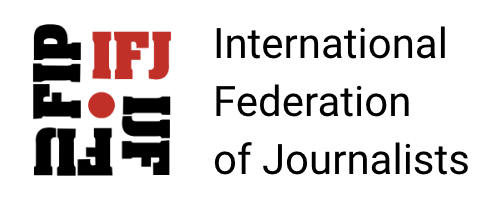
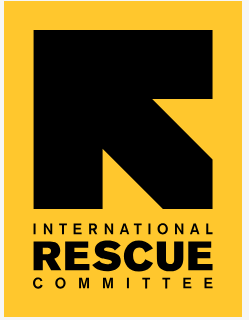

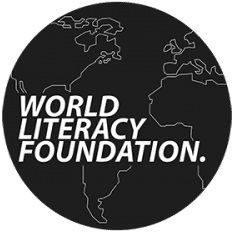
What a marvelous experience!! A million thank-you's to you for this.